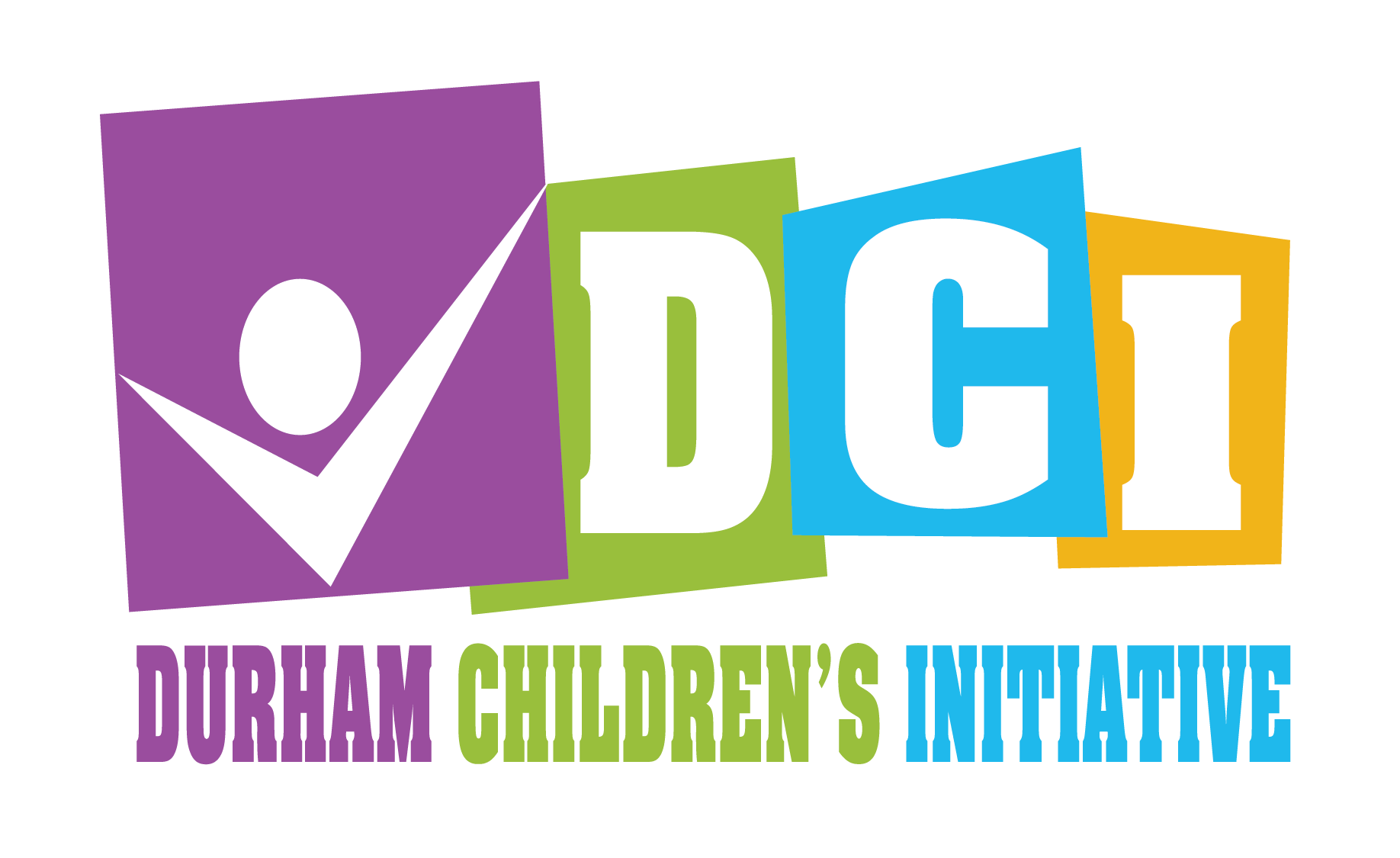History
Back in 2008, community leaders had a dream to bring more opportunity to low-wealth children and families in Durham. Over the next decade, their idea evolved into a thriving community-based nonprofit called the East Durham Children’s Initiative (EDCI), which served a single neighborhood of 120 blocks.
In July 2020, EDCI merged with Partners for Youth Opportunity (PYO), allowing us to expand our pipeline of educational, economic, and social opportunities for youth ages 14-24. Today, EDCI is known the Durham Children’s Initiative (DCI), and our work has scaled across Durham County. Yet our mission remains the same: To walk alongside children, youth, and families and support them on their unique journeys toward college and career.
